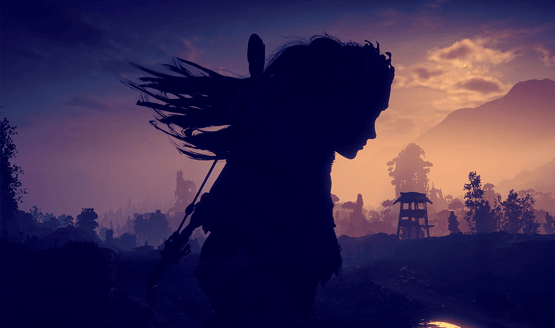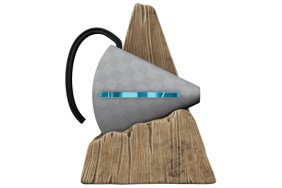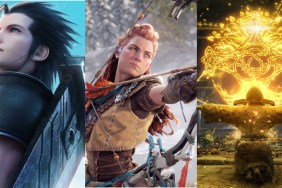Guerrilla Games’ AAA masterpiece, Horizon Zero Dawn, and its protagonist, Aloy, blew the gaming community at large away in early 2017. Since then, it has been nominated for a Game of the Year award, and its Frozen Wilds DLC enjoyed both critical and commercial success; but what is it that makes Horizon so special?
To begin, we will very briefly address some common arguments for…








